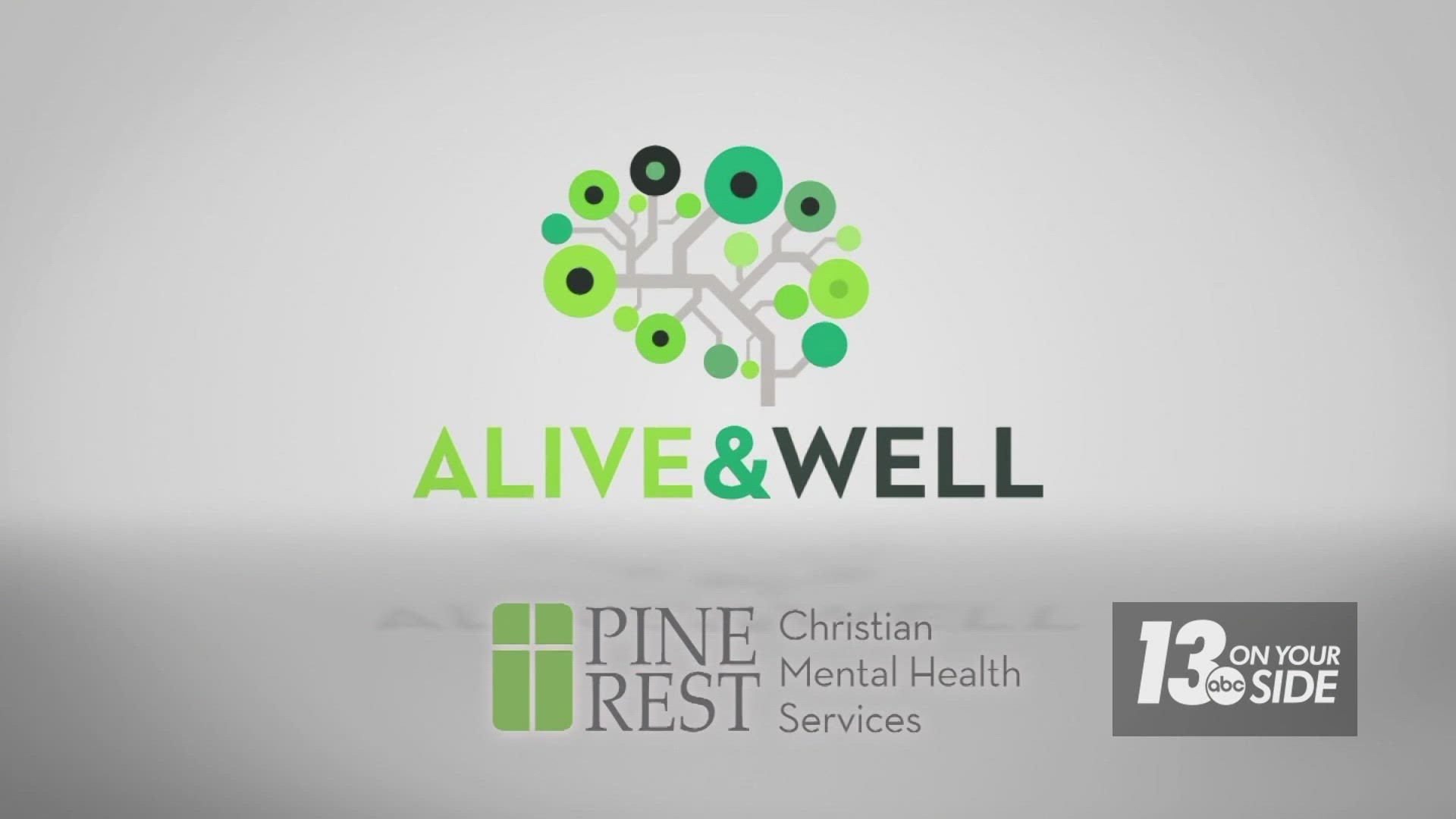Substance use disorders have been on the increase for women. They face some unique risk factors, causes, symptoms and concerns when it comes to substance use, and need tailored addiction treatment. Therapist Kendall Green joined us from Pine Rest to help us get a better understanding of these differences and what we can do to support women.
Green said men, across the board, have higher rates of substance use disorders than women, but when women abuse substances, they are just as likely as men to develop a substance use disorder. According to the Substance Abuse and Mental Health Services Administration, approximately 1/3 of people with a substance use disorder are women.
Green said there are biological factors that contribute to the differences between substance abuse in men and women. She explained that women develop dependence on substances more quickly, and because of this, experience more severe symptoms and damage to their health even after shorter periods of use. Women also struggle more with cravings and relapse after treatment. For example, there are differences in the way men and women metabolize alcohol, which makes it so that women achieve higher blood alcohol content with the same amount of alcohol. According to the National Institute on Drug Abuse, the standards of what constitutes “harmful drinking” are different for men and women: Men having 5 or more drinks in one occasion is considered binge drinking, but for women it’s 4. Likewise, men having 15 or more drinks per week is considered heavy drinking, and for women it’s 8.
Green said many women with substance use disorders also have other mental health conditions and use substances to cope with these conditions, including depression, anxiety, PTSD, and eating disorders.
Women also may have relationships and family issues that affect their substance use:
o For women, substance use often begins with intimate partners or family members. Unhealthy partners and family members can make it harder for women to stop using substances (SAMHSA).
o Women also may have responsibilities to family and childcare which make treatment difficult
o Women may be more likely to avoid treatment due to feelings of shame (“not being a perfect mom”), legal fears, or lack of childcare
o Treatment services that provide childcare, parenting classes, and vocational training make it easier for women to stay in treatment
Pine Rest offers treatment that is supportive to women. There are female providers in all levels of treatment - from the Addiction Medicine clinic, to residential and detox, all the way down to outpatient therapy. Pine Rest also offers group therapy specific to women:
Seeking Safety - an evidenced based treatment program to address trauma and substance use.
Women’s Early Recovery Group - focused not only on addressing those common themes that are important in all substance use treatment, such as managing triggers and cravings. The team also focuses on healing the whole woman, including relationship and family issues, setting healthy boundaries, having healthy, assertive communication, working on ways to confront shame and stigma, and addressing things like self-esteem, self-love, and body image.
Learn more about Pine Rest addiction programs at
www.pinerest/addiction.
This story is sponsored by Pine Rest Christian Mental Health Services.
►Make it easy to keep up to date with more stories like this. Download the 13 ON YOUR SIDE app now.
If you would like more information about advertising with 13 ON YOUR SIDE, please contact Jeff Olsen at jolsen@wzzm13.com.

